I Kid You Not: The Peanuts Movie will always be Blue Sky Studios’ best film
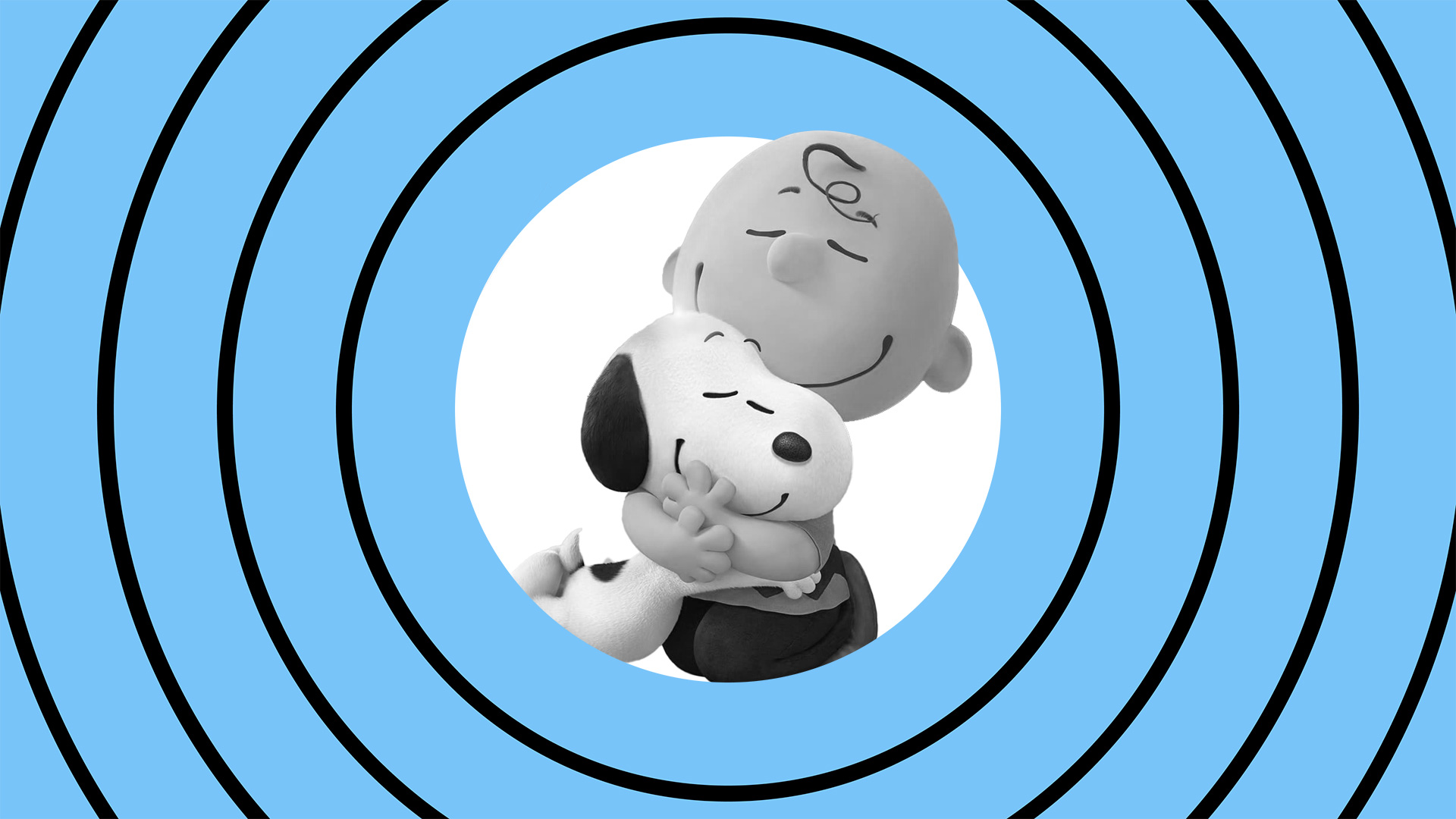
Who said family films aren’t cinema? In his column I Kid You Not, Liam Maguren critically evaluates the excellence in kids flicks and writes them into the history books. Despite making five Ice Age movies and a bunch more like them, Liam puts forth The Peanuts Movie as Blue Sky Studios’ best film.
Snoopy and Charlie Brown: The Peanuts Movie
In the realm of blockbuster animation, Blue Sky Studios had a decent run. Not amazing, but decent. From 2005’s Robots to 2019’s Spies in Disguise, the studio created well-made but disposable entertainment. As such, it never quite became a household name.
(Did you ever mistake one of their films for a DreamWorks title? You know you did.)
Ice Age will forever be their landmark title. One of the only Blue Sky films to be nominated for Best Animated Feature at the Academy Awards, this light-hearted take on the winter apocalypse caught fire with audiences of all ages thanks to its cast of memorable/marketable characters, smartly stylised look, and some well-executed slapstick comedy. Entering the market right when the acronym C.G.I. was catching on, the 2002 hit was yet another nail in the coffin of 2D blockbuster animation.
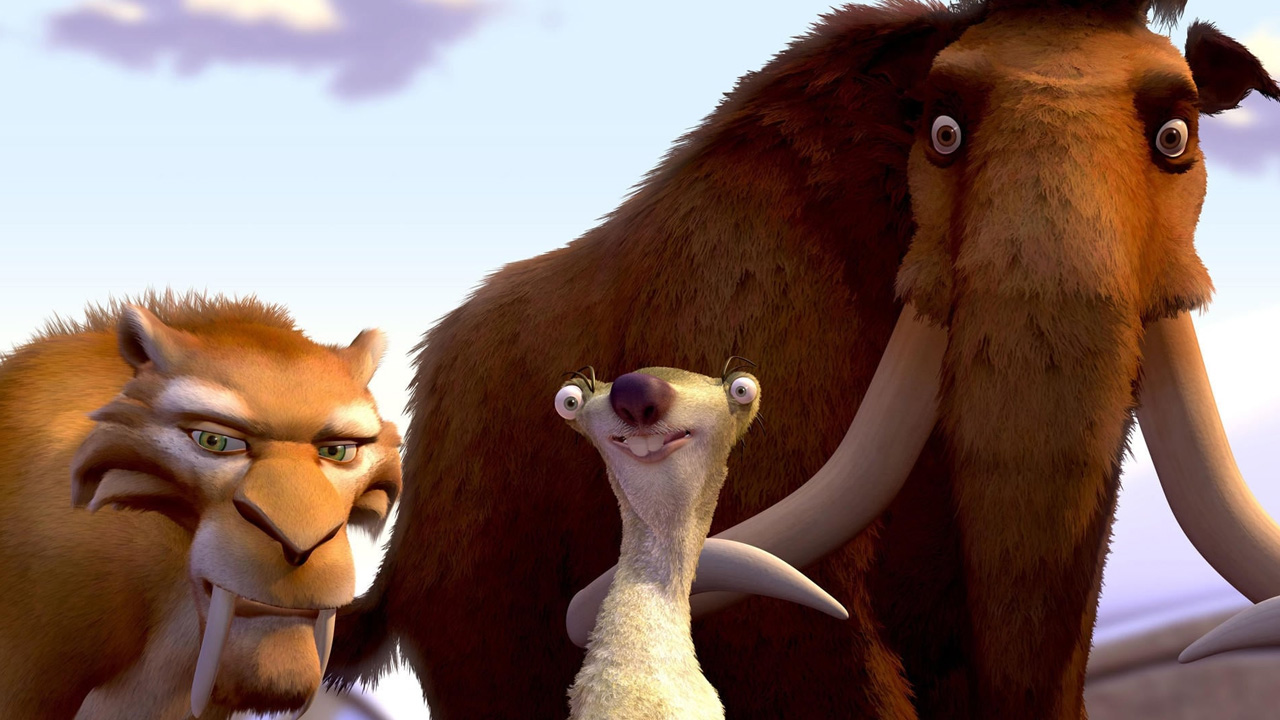
Ice Age (2002)
You could say that film’s success was also the studio’s curse. Future Ice Age sequels attempted to pan the same river for gold with diminishing returns, culminating in the scratched empty barrel of a film known as Ice Age: Collision Course. Other Blue Sky movies stuck tightly to the Ice Age blueprint, churning out unchallenging talking animal movies like Horton Hears a Who!, Rio, Rio 2, Epic, and the studio’s other Best Animated Feature nominee Ferdinand.
But one film broke their mould: The Peanuts Movie. And it was the best film they ever made.
Constructed like a Greatest Hits compendium of Charles M Schulz’s classic comic strip, son Craig Schulz and grandson Bryan Schulz wrote a script that felt both loving and protective of the Peanuts spirit. Charlie Brown and the gang are the encapsulation of their grand/father, after all.
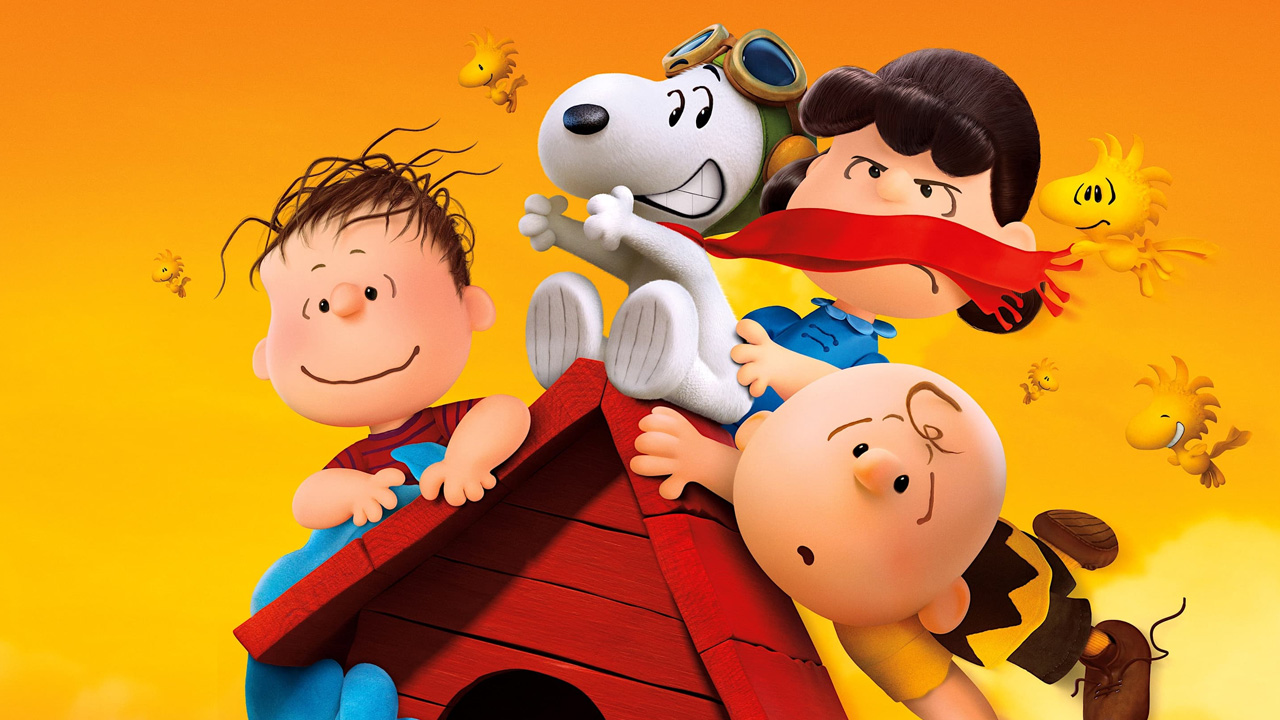
The recognisable setups are there—the baseball mound, Lucy’s psych booth, Chuck’s pathetic kite—acting as narrative stepping stones for an appropriately basic story. When a new kid enters the neighbourhood, The Little Red-Haired Girl, she automatically becomes the only child in the area who doesn’t recognise Charlie Brown as a complete loser. Thus, begins Chuck’s race-against-the-clock battle to make a good first impression.
As simple as it sounds, the story gives way to great observations of children being nasty, harsh, self-interested, dial-flipping little gremlin people. This insight is as essential to a Peanuts story as Snoopy, and the film takes great delight in punching down on Charlie Brown.
Of course, it’s Lucy who delivers the hardest hits. One effortless scene sees Chuck asking Councillor Lucy for advice on winning a girl’s heart. She responds by holding a mirror to his face and saying, “This is the face of failure. A classic failure face. Do you think girls like failures, Charlie Brown?”
Absolutely savage.
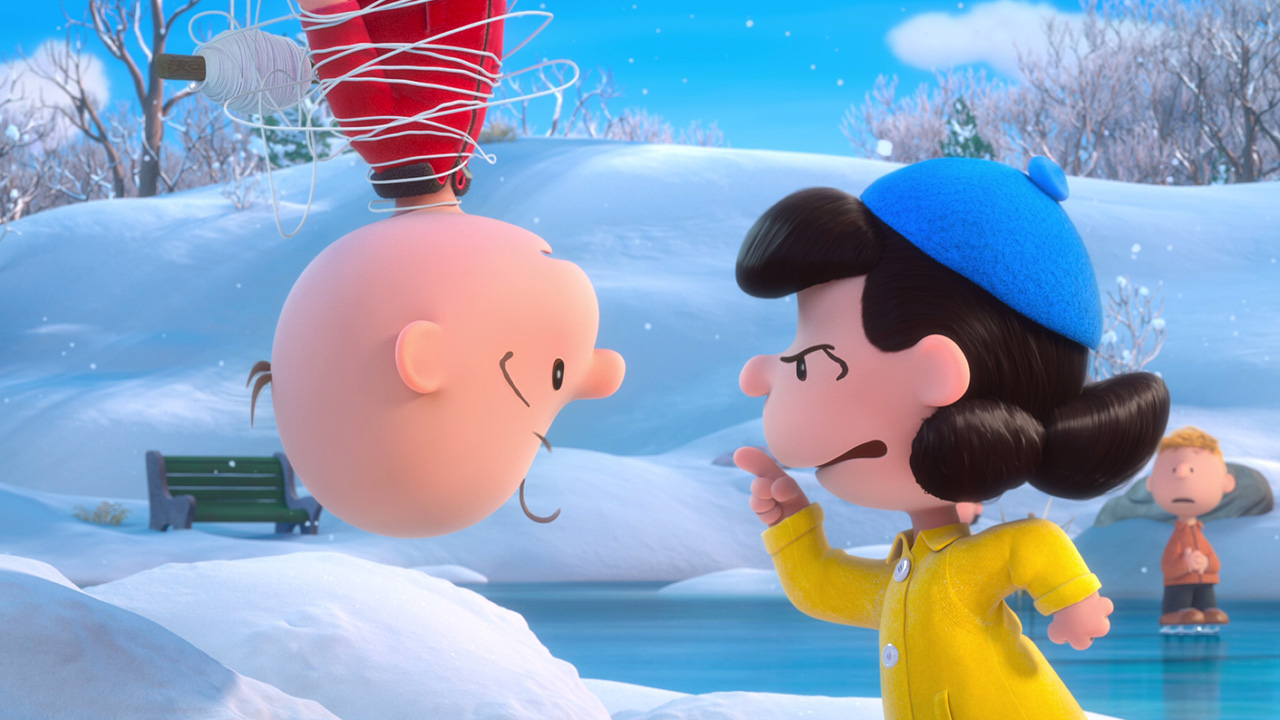
Lucy’s prescribed antidote: a book titled 10 Ways to Become a Winner. Foreign ground for Charlie Brown, but he gives it an honest go to impress The Little Red-Haired Girl. In an example of commendable bone-headedness, Chuck attempts to do a book report on Leo’s Toy Store by Warren Peace, only to find himself reading Leo Tolstoy’s War and Peace. This gag is a dad joke for other dads and I personally love it.
None of his attempts goes his way, as is the Peanuts way. But near the end, when Chuck seemingly pleads with the director to cut him a break just once, he finally gets to feel a genuine win.
Some purists felt the movie played it too safe with this gift. In most cases, I’d probably agree, but when you’re a $100mil motion picture event, you need to deliver an event, and the way Chuck’s deus ex machina moment plays out feels climactic in the Peanuts universe.
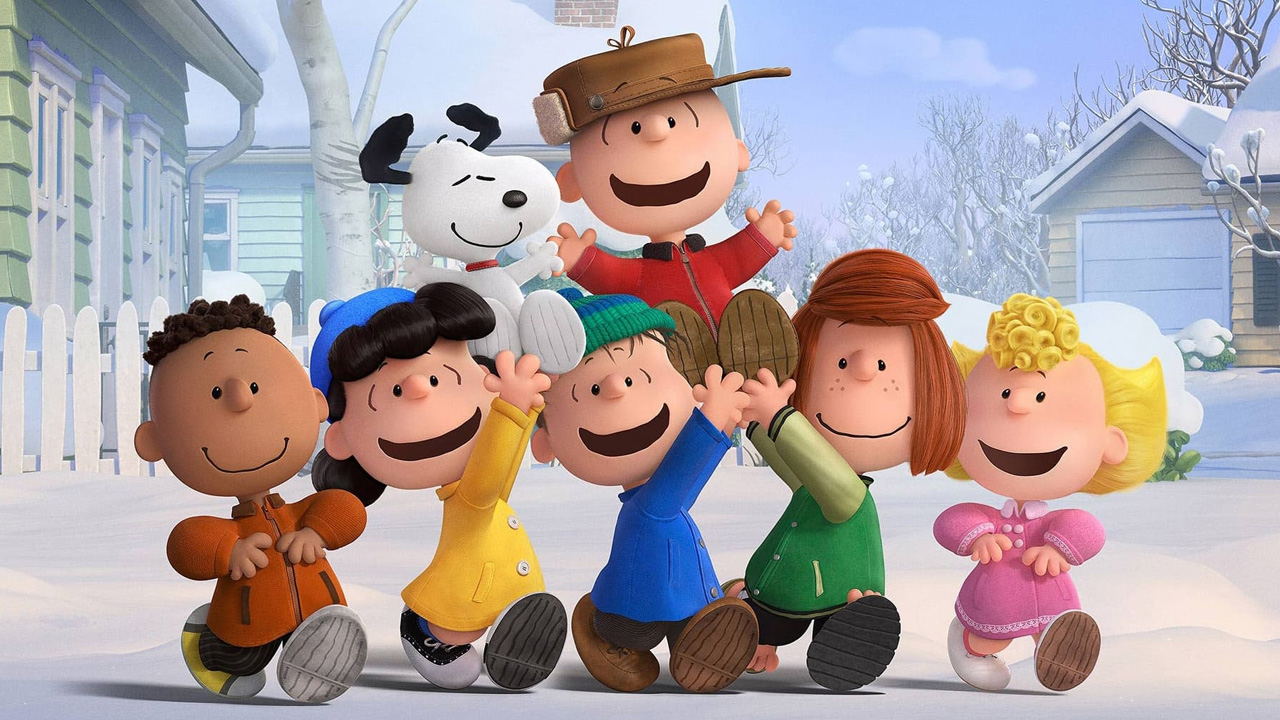
It leads to a very sweet monologue from The Little Red-Haired Girl commending Chuck on his intentions—not his victories. It has a Message of the Day feel to it, but given the film’s simple nature, this sincere speech feels earned.
Also, we see Charlie Brown cop a feature-length running time of crap from his peers, so this uplifting moment feels like a balm. Given the older—and significantly shorter—Peanuts special weren’t so keen to take it easy on Chuck, this ending is somewhat subversive.
What doesn’t quite work is Snoopy’s Red Baron moments. Used largely to wedge in some goofy action sequences, they end up throwing mud on the film’s pacing. Want to know if Chuck’s book report is any good? You’ll first have to sit through five minutes of imaginary dog fighting that leads to nothing.
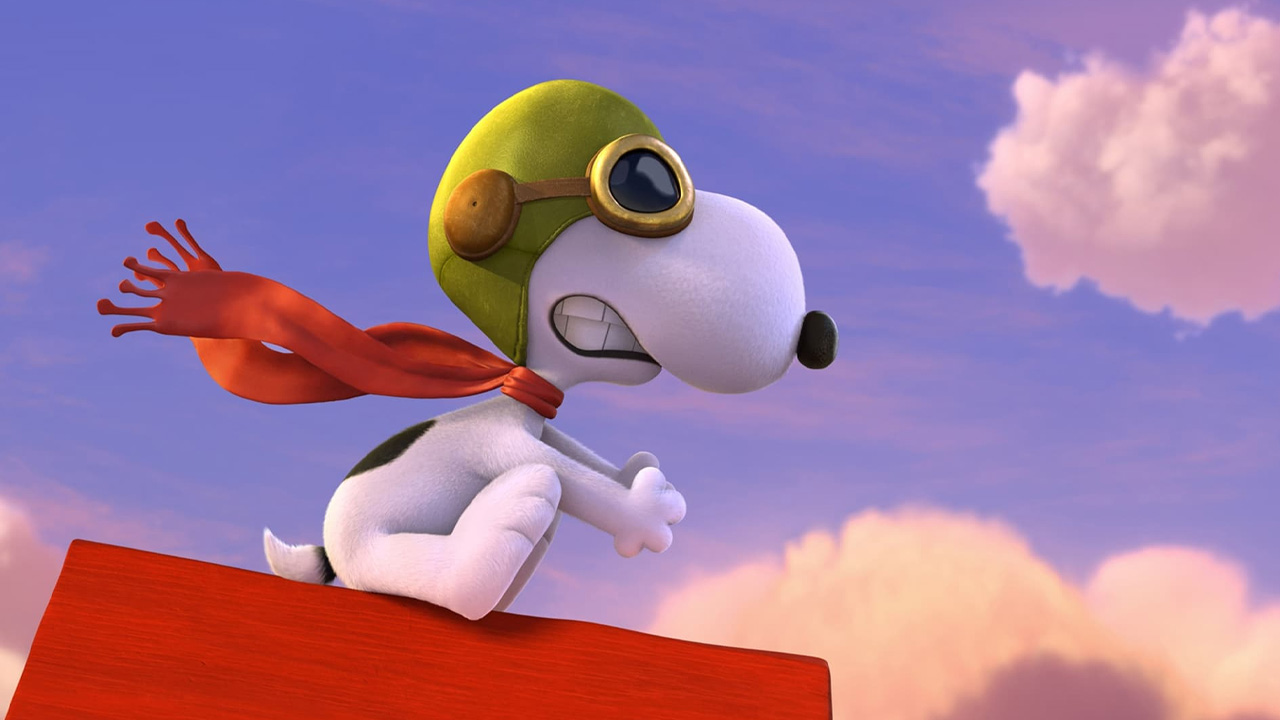
It always looks fantastic, though. In a pre-Spider-Verse world, the innovative incorporation of 2D and 3D elements used to achieve The Peanuts Movie‘s eye-catching facelift of Schulz’s art felt alive and exciting. It would have been easier for Blue Sky to push the characters through their typical visual style, but by departing from what they knew, the studio crafted something far more worthwhile and caring of Schulz’s original vision.
(And in the year 2015, where people were starting to get sick of wearing 3D glasses, this film’s brilliant use of 2D/3D planes made it one of the best reasons to view it in the extra dimension.)
The beautiful simplicity of Schulz’s designs perfectly mirrored childhood, visually striking a sense of youthful innocence that allowed him to express the meaner side of childhood. There’s also a deceptive depth of expression he could mine from his characters and the film displays a devoted understanding of that, bolstering its look with loads of lighting tricks and particle effects while sacrificing none of Schulz’s soul.
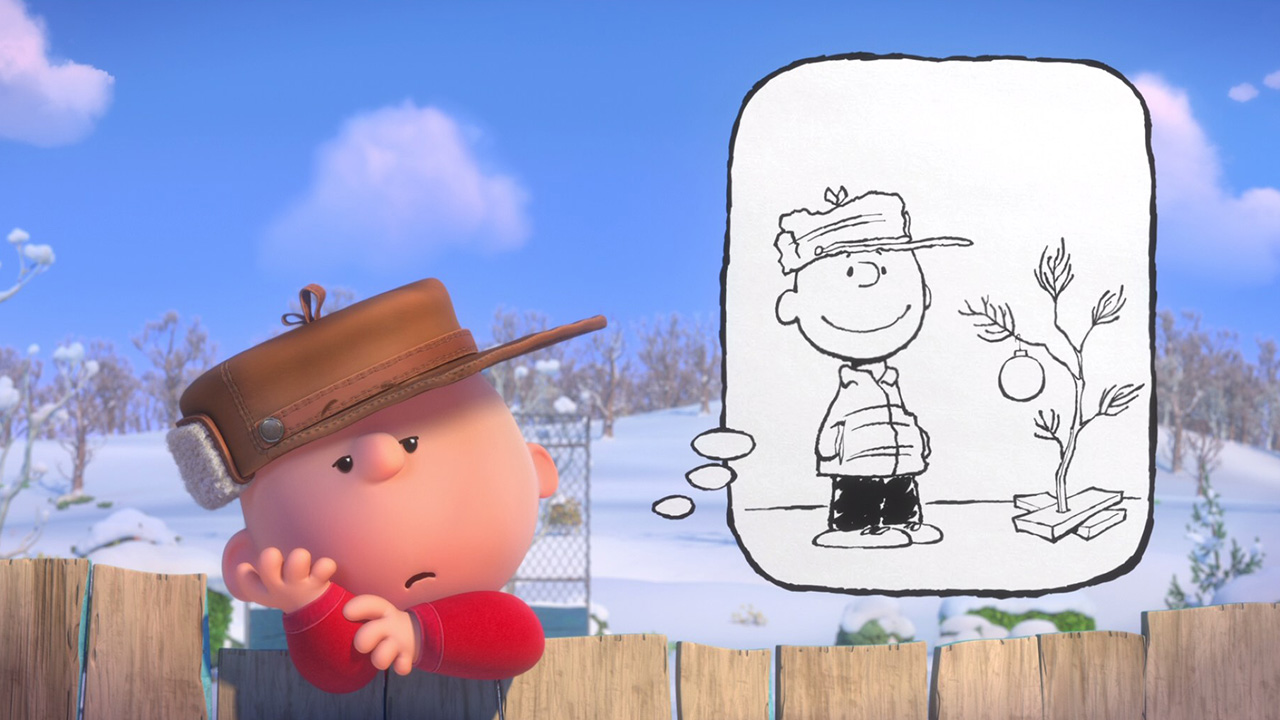
Unfortunately, The Peanuts Movie lives a somewhat confused existence today. Disney acquired Blue Sky with their earth-shattering purchase of Fox. Two years later, they closed the studio. As such, The Peanuts Movie exists on Disney+, despite Apple TV+ being the destination for all things Peanuts.
There’s a silver lining to all this. Though the studio couldn’t quite make itself a household name, it did create a distinctive film that will forever be known as an outlier. Disney can’t claim the Peanuts property. Apple can’t claim this movie. But one thing’s for sure: this is Blue Sky’s The Peanuts Movie.




















